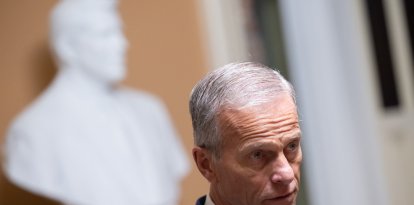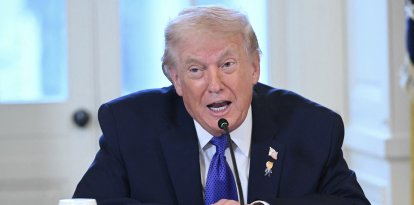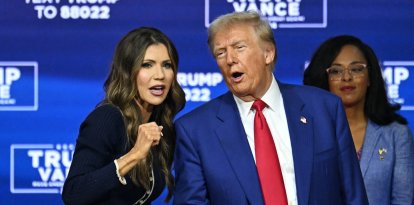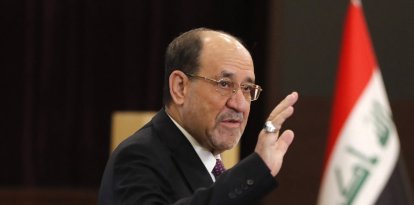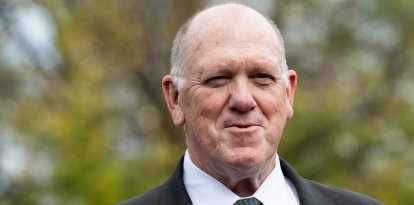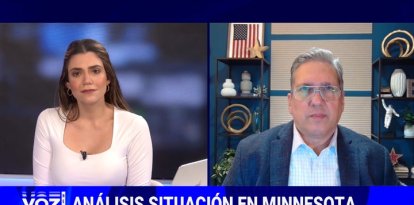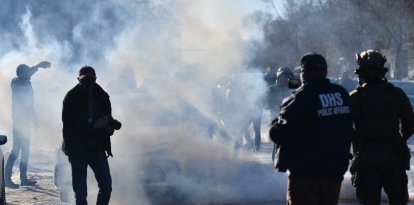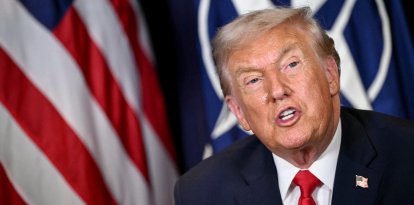Taiwan, fentanyl and climate change: the key points of the meeting between Biden and Xi Jinping
The leaders met in San Francisco for the first time since 2022 and took the opportunity to discuss a wide range of topics.
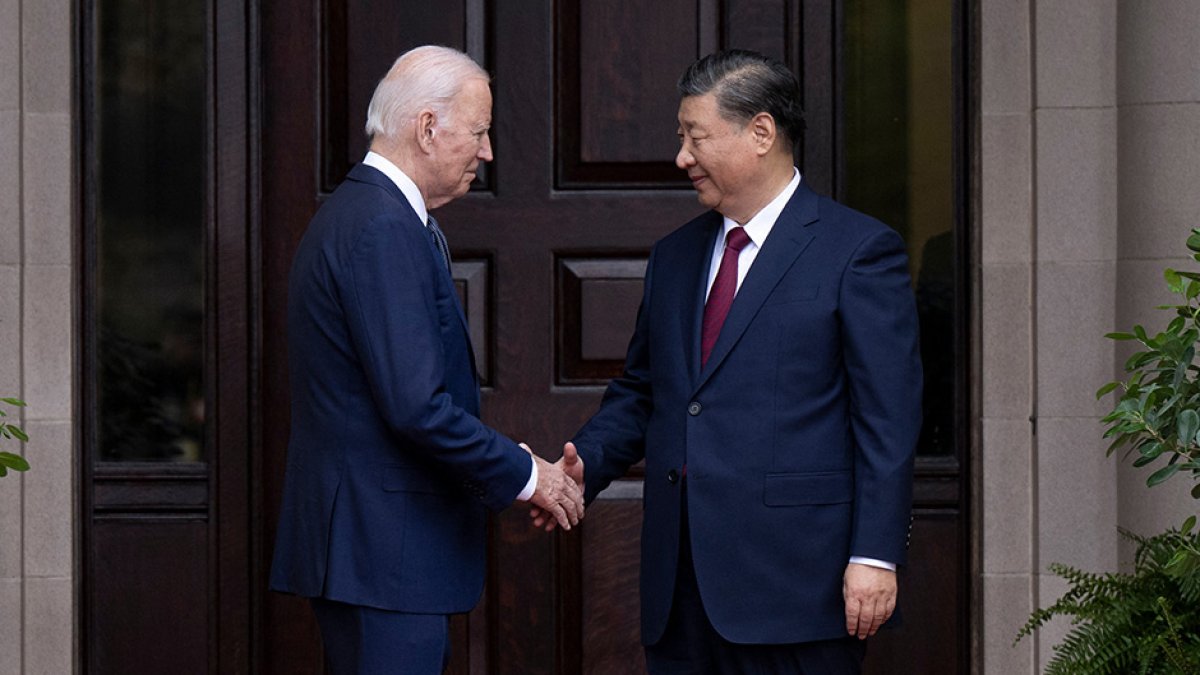
(Brendan Smialowski / AFP)
On Wednesday, Joe Biden met with Xi Jinping in San Francisco in a bid to ease rising tensions between the two countries. The North American president received his counterpart at the historic Filoli estate, and then they went to the summit of the Asia-Pacific Economic Cooperation (APEC) forum. The dialogue was based on the competition between both countries, the situation in Taiwan, the fight against drugs and artificial intelligence.
Antony Blinken, Secretary of State, had traveled to China to try to calm the waters a bit between Washington DC and Beijing, which had been quite agitated by trade competition and the situation in Taiwan. China even sanctioned two major North American companies for “arming” the island.
At the beginning of the meeting, the Democrat stressed that the world was waiting for their meeting. “We have to make sure that competition does not turn into conflict. And we have to manage that responsibly, the competition,” he indicated, and then he turned to Xi and made it clear that it is “important that you and I understand each other clearly, from leader to leader, without misconceptions or miscommunication.”
On the other side of a large table made up of both delegations, the leader of the Chinese Communist Party (CCP) acknowledged that things between the two countries had not been “easy,” but at the same time stressed the need for dialogue, since “us turning our backs on each other is not realistic.” He described the relationship between both countries as “the most important in the world.”
The South China Sea, the war between Israel and Hamas, the Russian invasion of Ukraine, North Korea, human rights and the situation in Taiwan were some of the topics discussed at the table.
According to the White House, the leaders “had a candid and constructive discussion on a variety of bilateral and global issues and exchanged views on areas of difference.” In turn, Biden administration officials anticipated that climate change and fentanyl would also be on the table.
Biden spoke after the meeting with Xi Jinping
In a brief press conference, the president highlighted the meeting with the Chinese delegation and the commitments that were made for the future. He spoke of more fluid communication from now on, of maintaining the “one China” policy, and of agreements to combat the entry of fentanyl into the United States.
In turn, Biden assured that he has spent more time with Xi Jinping than any other president, remembering his time as Barack OObama’svice president. Although he pointed out that they did not agree on everything, he appreciated that his counterpart was "direct" when expressing himself.
Climate agreement
Once the meeting was over, it emerged that both countries agreed to reinforce the development of renewable energies by 2030, in order to "accelerate the substitution by coal, oil and gas generation.” In turn, they pledged to work together to reduce emissions of methane, nitrous oxide and hydrofluorocarbons, greenhouse gases that are less common but more potent than carbon dioxide.















